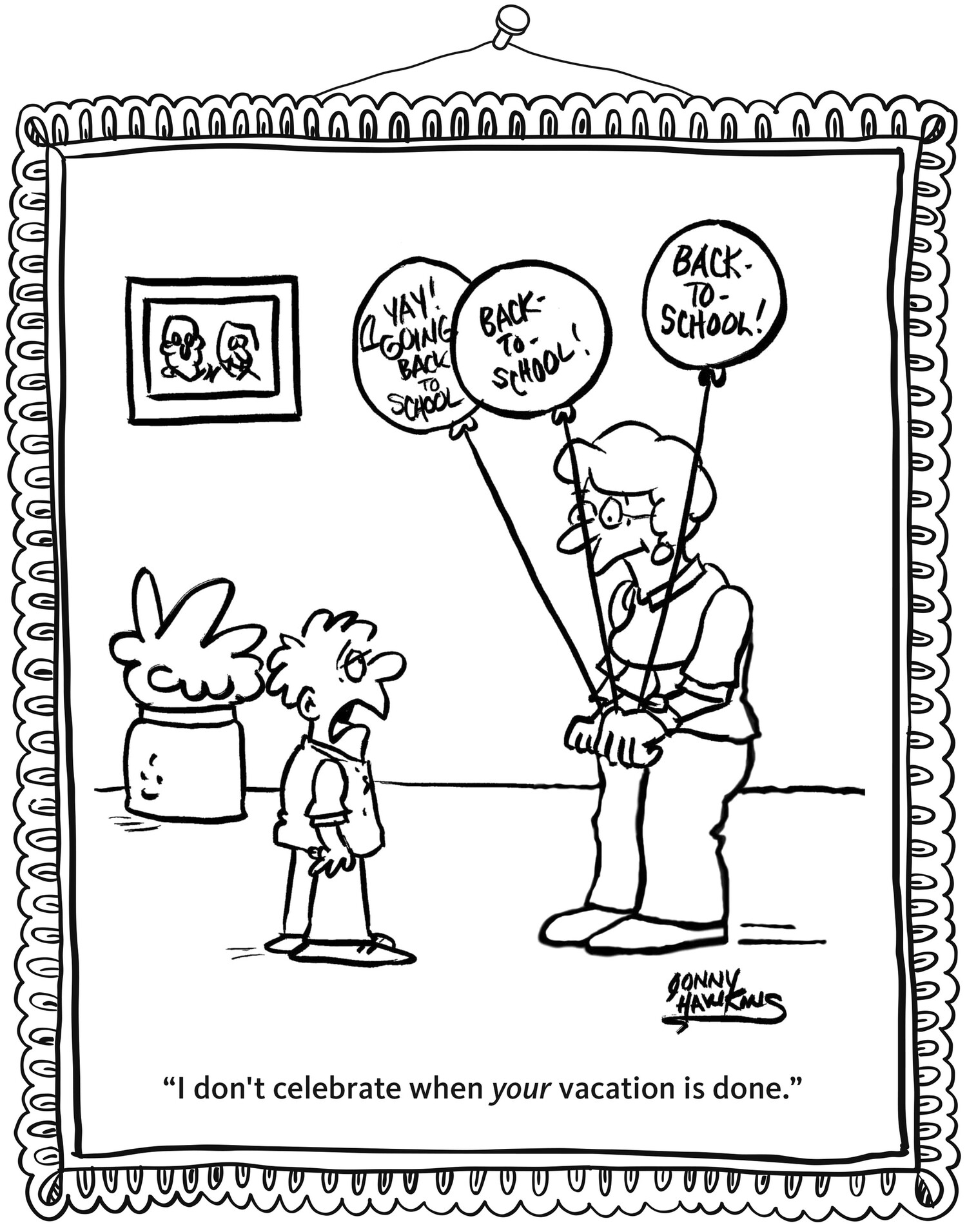Throughout the 25 years I worked as a school counselor, I empowered fifth-and sixth-grade students to serve as mentors for the younger children in the building through various “peer helper” jobs. These peer helper jobs benefited the younger students, the teachers, and the helpers themselves, who gained confidence, developed communication skills, and learned how to interact effectively with others. It required a little bit of extra effort at the beginning of the school year, but the benefits were worth it.
I began each school year by surveying the anticipated needs of primary teachers and setting up logistical arrangements with the older students’ teachers, including parameters of time, place, and supervision. Then, I met with fifth-and sixth-grade classrooms to explain the expectations of peer helpers and reviewed the character traits of positive role models, like being reliable, responsible, and maintaining grades and good behavior. Once the peer helpers received an assignment, I would make sure they clearly understood their roles and knew to whom they should report. I also encouraged peer helpers to talk with the younger children’s teachers about how they could be the most helpful.
Providing incentives for the peer helpers along the way proved to be an effective motivator. So, I got permission to give treats to my helpers once a week as a small “thank you.” It also gave me an opportunity to check in with all of the helpers as they picked up their treats. It was a joyful time that helped make volunteering one of the most coveted activities for all of the older students.
Here are a few of my favorite success stories:
- Olivia couldn’t wait to volunteer when she became a fifth-grader. She was excited when I arranged for her to escort preschool students through the busy halls at the end of the day. A natural organizer, Olivia set up a routine to efficiently deliver eight preschoolers to the teacher in charge of the parent pickup line. Each day, Olivia helped them get ready for dismissal and then monitored them as they quietly followed her to their destination. The teachers quickly learned they could have absolute confidence in Olivia’s ability to safely deliver the students. Olivia grew in confidence and responsibility, even setting up a substitute for herself when she was absent.
- First-grader Ryan was struggling to learn his sight words. I asked Charlotte, a fifth-grader with a willing attitude, to assist. Each morning, Charlotte stopped by Ryan’s room and helped him read through his sight word ring as they sat in the hallway. She noticed that he constantly told her, “I can’t do it!” It didn’t take Charlotte long to identify Ryan’s lack of confidence as a barrier to his reading success. Drawing on her own experiences as an older sister, Charlotte devised a plan to help Ryan. First, she asked and was granted permission to bring a garden trowel to school. When they met the following morning, she had Ryan write the words “I can’t” on a piece of paper. Next, she got permission for them to go outside. Together, they dug a small hole, and buried Ryan’s “I can’t.” As their time together continued, she reminded him that his “I can’t” was gone. As a result, Ryan’s sight word retention increased, and Charlotte was pleased that she had the power to influence someone in such a positive way.
- Jaden, a sixth grader, was assigned to Mrs. Dennis’ third-grade room to help students learn multiplication tables. He soon found that he wasn’t able to work with each of the students individually because there were too many who needed help. After a discussion with the teacher, Jaden set himself up in the vestibule by the doorway and taught a rotating “class” of five children for twenty minutes each morning. He competently organized the methods of practice so that each student received the participation they needed. Everyone made progress, and Jaden’s teaching skills increased.
One year, I was out for nine weeks at the end of the school year with an injury. I was concerned about whether or not my helpers would maintain their work while I was gone. But I did not need to worry. When I returned, I found that all of them had persevered in their assignments. They had discovered the joy of intrinsic rewards. That was more than enough reward for me, too.
Sally Newton recently retired as an elementary school counselor after spending the last 23 years at Smethport Area School District. Sally lives in North-Central PA, where she enjoys spending time with family outdoors and packing shoeboxes for Operation Christmas Child.
